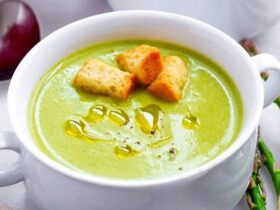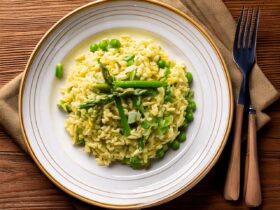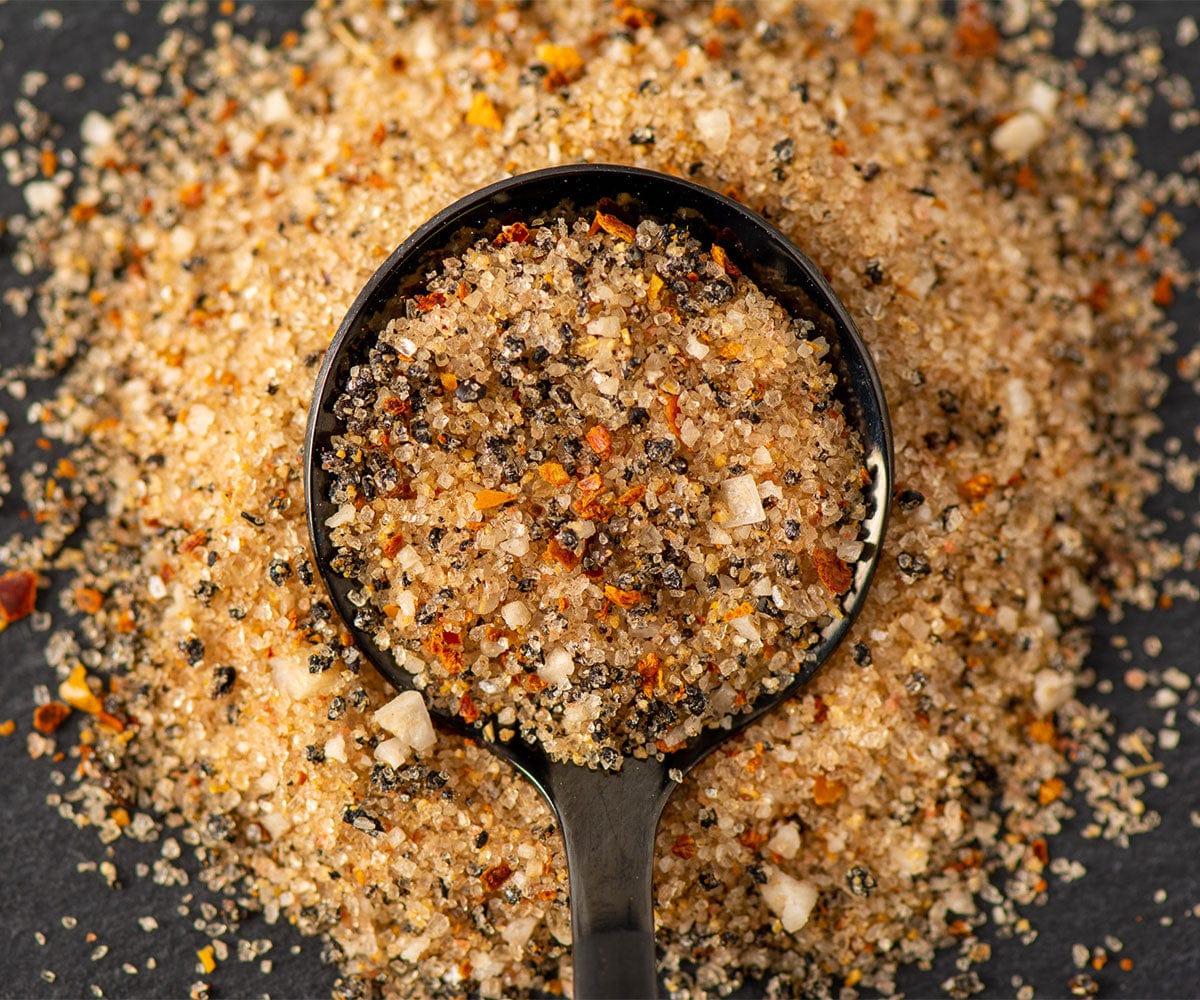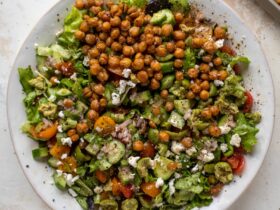Anxiety and panic disorders affect many people worldwide. It’s important to explore all aspects that can help manage and prevent them. Besides therapy and medication, one often overlooked factor is how food affects these conditions.
In this article, we’ll discuss how the food we eat can impact anxiety and panic disorders. We’ll focus on easy dietary choices that can ease symptoms and support mental well-being.
How Food Can Affect Anxiety and Panic
Foods That Can Trigger Anxiety
Certain foods and ingredients can make anxiety or panic worse. For example, caffeine, found in coffee, tea, and energy drinks, stimulates the nervous system and can worsen anxiety.
High-sugar foods can lead to mood swings and increased anxiety due to blood sugar spikes and crashes. It’s crucial to identify your personal triggers and sensitivities to manage these conditions effectively.
Balancing What You Eat
The balance of macronutrients like carbs, proteins, and fats can greatly affect mental health. Complex carbohydrates, found in whole grains, fruits, and vegetables, can stabilize blood sugar levels and mood.
Adequate protein intake can help produce neurotransmitters like serotonin and dopamine, essential for managing anxiety.
The Role of Clonitrazolam in Anxiety and Panic Disorders
In severe cases, healthcare professionals may prescribe medications like clonitrazolam to manage anxiety or panic disorders. Clonitrazolam is a benzodiazepine derivative known for its anxiety-relieving properties.
It enhances the calming effects of the neurotransmitter GABA in the brain, reducing anxiety and panic. Remember, clonitrazolam should only be used under professional guidance due to the risk of dependence and withdrawal.
Foods That May Help Ease Anxiety and Panic
Omega-3 Fatty Acids
Foods rich in omega-3 fatty acids, like salmon, walnuts, and flaxseeds, show promise in reducing anxiety. These healthy fats support brain health and may help regulate neurotransmitters, potentially lowering anxiety levels.
Complex Carbs
Complex carbohydrates provide steady energy and mood stability. Opt for whole grains, legumes, and veggies to ensure a balanced intake.
Magnesium-Rich Foods
Magnesium, known for its calming effect on the nervous system, can help reduce anxiety. Foods like spinach, almonds, and avocados are magnesium-rich and promote relaxation.
Probiotics for Gut Health
Emerging research links gut health to mental well-being. Foods like yogurt, kefir, and fermented vegetables with probiotics can maintain a healthy gut microbiome, potentially reducing anxiety and panic.
In Closing
Understanding how food affects anxiety and panic disorders is crucial for managing these conditions. Identifying dietary triggers, eating balanced meals, and incorporating anxiety-reducing foods can support mental well-being.
However, severe cases may require professional guidance and medications like clonitrazolam. A holistic approach considering both mental health and nutrition can lead to improved overall well-being.















